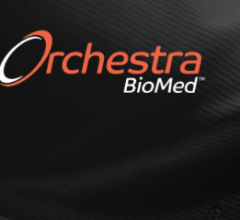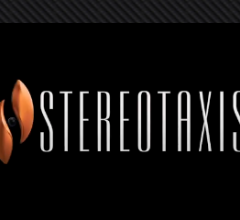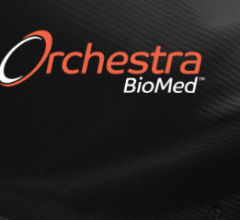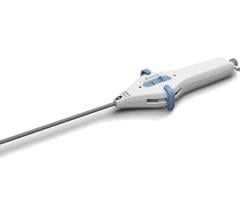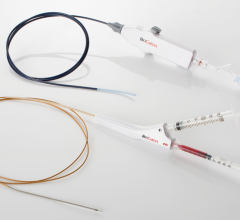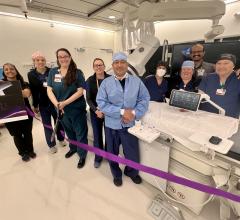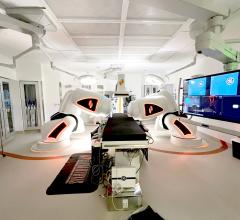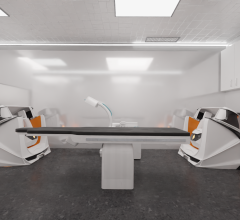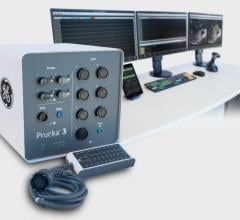September 1, 2010 – A new study on overall workforce trends in the field of cardiac electrophysiology (EP) reveals an increasing demand for EP professionals as a result of shifting demographic trends, evolving health reform policies and improved procedural outcomes. The comprehensive workforce study published in the September issue of the HeartRhythm Journal, the official journal of the Heart Rhythm Society, found substantial growth in the overall volume and complexity of cardiac procedures performed in the past decade.
The study, commissioned in 2009 by the Heart Rhythm Society, provides data from nearly 700 respondents, including EPs, allied professionals and basic scientists currently working within the field of cardiac electrophysiology. The median age of physician respondents was 50 years with the majority falling between 46 and 55 years of age. While the average work week for physician respondents is 60 hours, nearly 30 percent work between 61 and 75 hours a week. For every respondent age-range queried the workload is expected to increase over the next five years for EPs, allied professionals and basic scientists alike.
“The field of cardiac electrophysiology continues to evolve as physicians are faced with new challenges in a changing healthcare environment,” said lead author Thomas F. Deering, M.D., FHRS, CCDS, Piedmont Heart Institute in Atlanta, Ga. “As seen from this study, electrophysiologists must embrace the advancements in technology and adapt to the changes in healthcare reform in order to continue to deliver high-quality care to a growing patient population.”
Work Capacity
Study results found that most physicians anticipate an increased workload in response to several key factors, including an aging patient population, broader access to care, possible expansion in indications for specific therapies (such as device implantation and ablation procedures), increasingly complex procedures and a potentially decreasing workforce as the current workforce gets older, cuts their hours and/or retires.
Approximately one quarter of physicians are highly specialized in the type of procedural work they perform with 25 percent of the physician respondents spending more than 85 percent of their procedural work time on either device or ablation procedures. In general, practice time is predominantly spent on device implantations, device follow-up and ablations. Some of these activities, such as complex device or ablation procedures, are being tasked to younger physicians indicating a growing need for more well-trained allied professionals to assume a greater role in device management. Furthermore, nearly two-thirds of all respondents are currently at or exceeding their perceived workload capacity for device therapies and catheter ablation.
Device Implantation, Follow-Up
More than 55 percent of the physician respondents indicated that the total number of implantation procedures they performed each year compared to five years ago had increased. Additionally, the follow-up of implanted devices was the largest percentage of activity reported, on average more than 200 performed annually per respondent. Currently, allied professionals play a significant role in managing device patient follow-up, and this need will steadily increase as the number of device patients continues to rise. Overall, device implantation accounts for nearly one-fourth of the survey respondent’s workweek. And, pacemaker and implantable cardioverter-defibrillator (ICD) implantations are performed equally by physician respondents of all ages; whereas, cardiac resynchronization therapy (CRT) device implantation is more common among young or mid-career physicians.
Ablation Procedures
According to the study, the median proportion of time each respondent spends on ablation procedures during the workweek is 15.8 percent. Supraventricular tachycardia (SVT) procedures were the most common – with 76.9 percent of survey respondents having performed an SVT in the last 12 months. SVT ablation became less common as the age range of respondents increased. Like SVT ablations, older respondents were less likely to perform VT ablations. Atrial fibrillation (AF) ablation was performed less often. In general, the survey found AF and VT ablation are almost exclusively performed by early and mid-career physicians.
“Building a steady pipeline of emerging EPs, meeting the educational and training needs of allied professionals and fostering the growth of basic science is critically important as the demand for cardiac electrophysiology continues to grow,” Deering said.
For more information: www.heartrhythmjournal.com
Feature | September 01, 2010

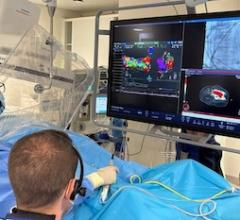
 January 29, 2026
January 29, 2026 
